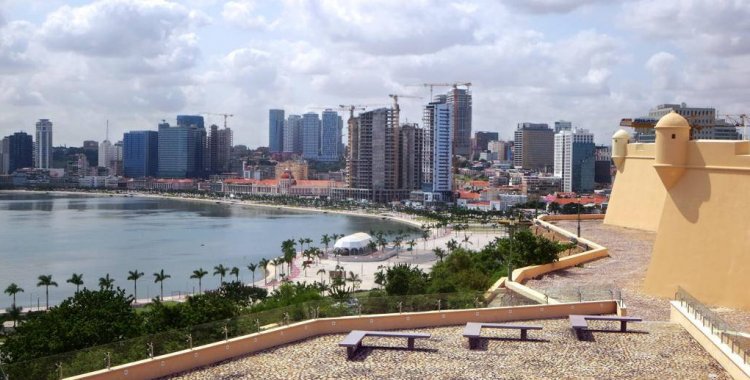"For 2019 as a whole, we expect a decline of close to 1 per cent, or possibly more, by 2020, the oil economy should perform close to stagnation, as new investments compensate for the normal decline of older wells," reads an analysis note on the national economy.
In the note, sent to BFA's clients and to which Lusa had access, analysts write that "the non-oil economy should grow at a moderate pace, close to 1 per cent, although subject to the establishment of a stable environment in the foreign exchange market, which allows economic agents to regain some confidence", thus expecting "a slight increase in GDP, probably below 1 per cent".
In the commentary, BFA says that the country's economy contracted by 0.8 per cent in the third quarter, compared to the previous one and, "in particular, the oil economy shrank by 8.7 per cent in that quarter compared to the same period of 2018".
Retail trade, on the other hand, recovered between July and September, growing 8 percent, "but this pace was not enough to compensate for the falls in the two previous quarters, so the fall compared with the same period of 2018 was 1.3 percent in the first three quarters of last year".
In the last quarter of last year, "the economy must have fallen drastically" write the analysts, pointing out that, on the one hand, "the oil economy must have retreated at a similar or worse pace than in the third quarter".
"On the other hand, the implementation of VAT, together with changes in the exchange rate regime, probably had a negative effect on business and consumer confidence, dragging the non-oil economy down," conclude the analysts.







